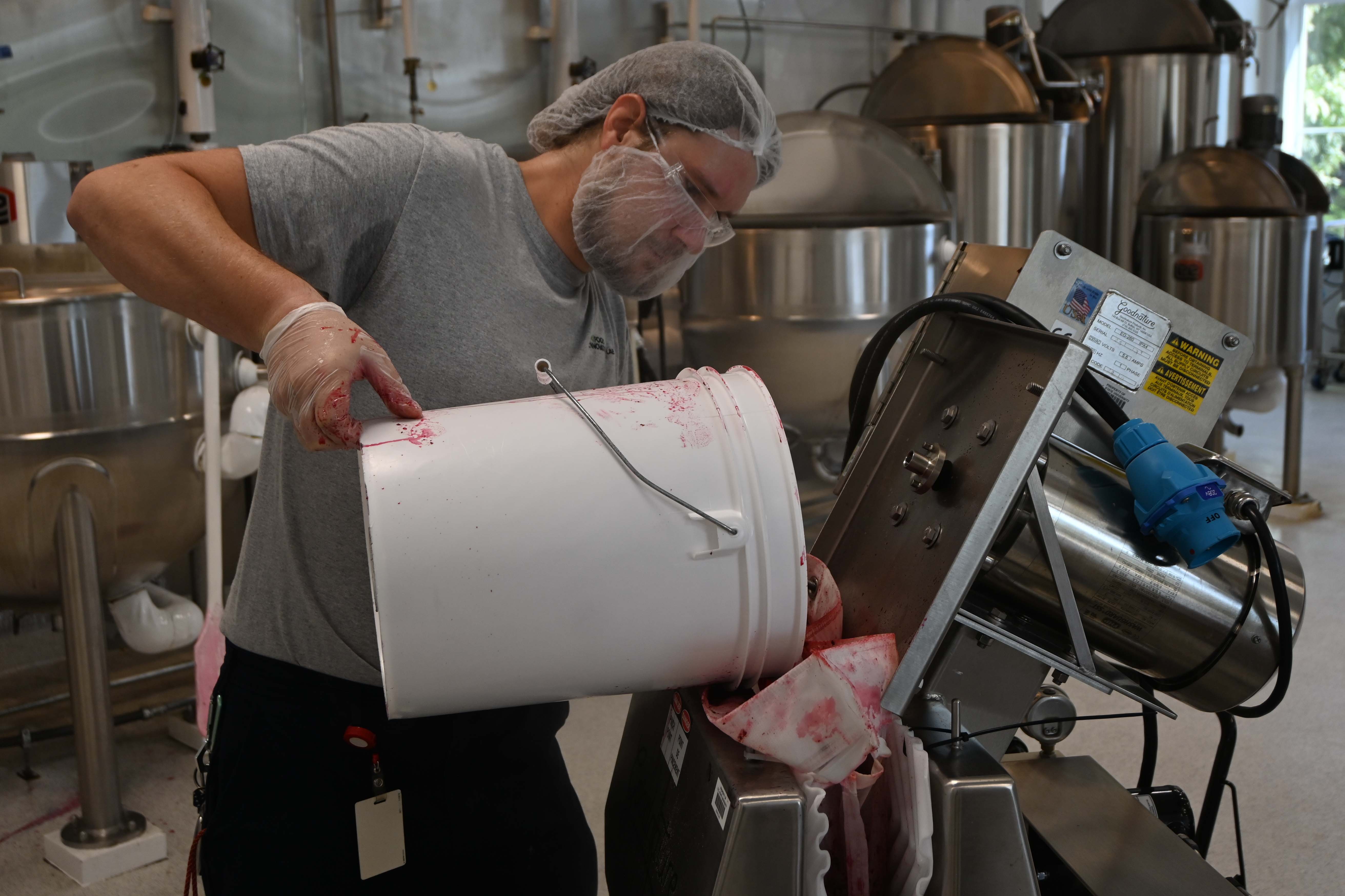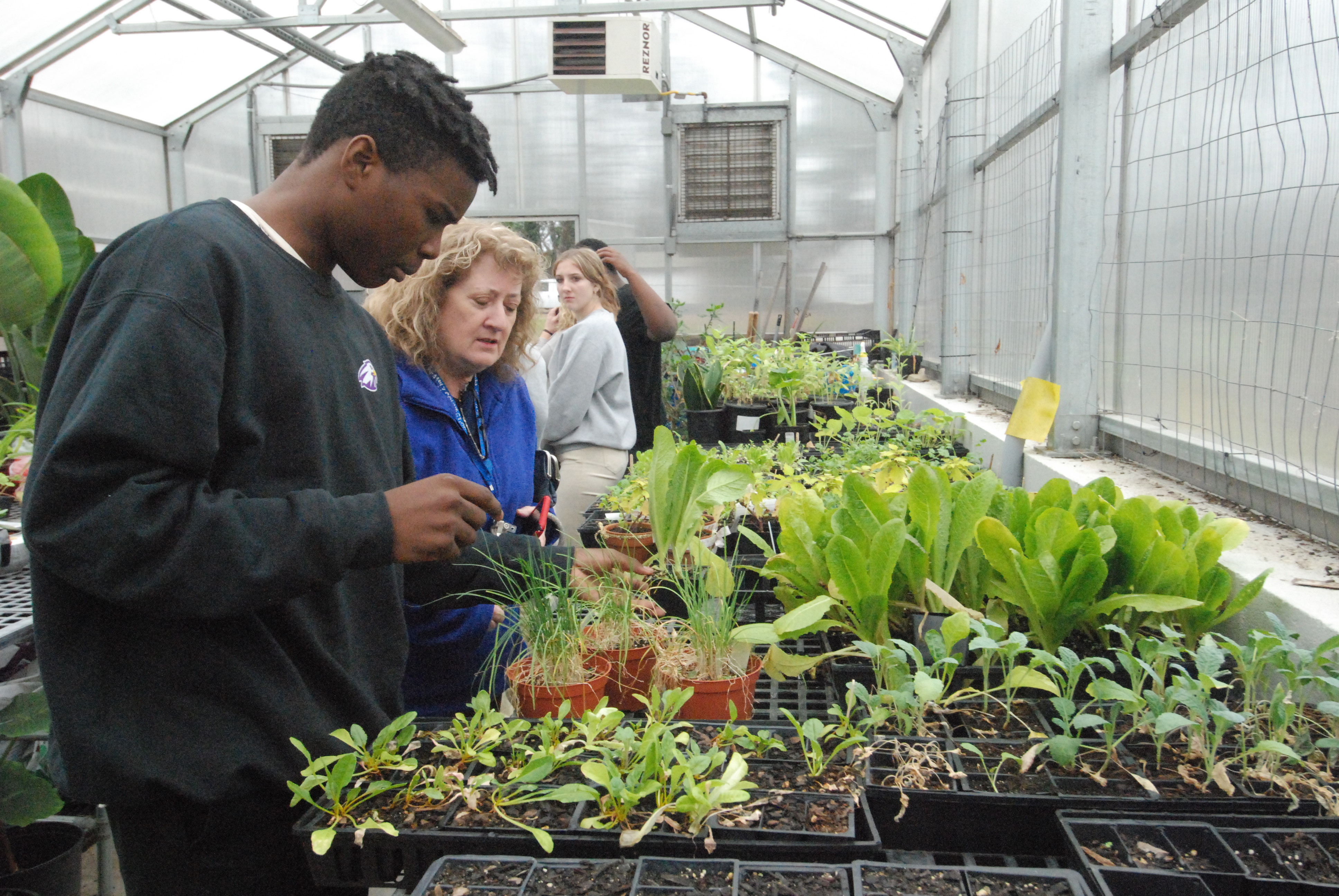Published 12:00 am Sunday, September 22, 2013
KANNAPOLIS — Researchers at the Cheatham Nutrition and Cognition Lab are currently recruiting participants for the B. E. R. R. Y. study.
B.E.R.R.Y. stands for Blueberries: Exciting Research Relevant to You.
“The purpose of our study is to find out whether eating blueberries every day can significantly slow or prevent memory loss, oxidative stress, decrease inflammation and improve body composition,” said Andrea Armer, a recruiter with the Cheatham Lab.
Armer said a number of health benefits from consuming blueberries have already been nailed down.
“For one, they contain chemicals that protect and strengthen the cells in your body,” she said. “They’re also shown to reduce the risk of heart disease, control blood sugar levels, reduce bad cholesterol and high blood pressure as well as reduce inflammation and oxidative stress, which can be involved in many diseases.”
Armer said the study, which takes place at the UNC-Chapel Hill Nutrition Research Institute at the N.C. Research Campus, is seeking generally healthy men and women ages 65 to 79 years old.
“We’re looking for older individuals with or without mild cognitive decline,” she said. “Mild cognitive decline is just part of the normal aging process.”
Those who have been diagnosed with dementia, Alzheimer’s disease or diabetes are not eligible to participate.
“People with any other diagnosed issues can participate as long as it’s under control,” Armer said. “For example, you might have high blood pressure, but you take medication that keeps it in check.”
People interested in being part of the study can call 704-250-5018, email feedingbrains@unc.edu or visit cheathamlab.com to sign up.
“We will give you a call and we’ll ask you a few questions that will let us know if you qualify to come in for a screening visit on the campus,” Armer said.
During the two-hour screening test, people will have their height, weight and blood pressure taken. They’ll also undergo memory and eyes tests.
“That will let us know which group could you could be in,” Armer said. “If you qualify to be in our six-month dietary intervention group you will either be consuming freeze-dried powdered blueberries or a placebo.”
Armer said the placebo is made up mostly of carbohydrates.
“It has the same component as the blueberry powder, except it lacks the dietary fiber and the antioxidants,” she said.
All supplements will be provided by the Cheatham Lab.
“You get two packets a day,” Armer said. “Some people mix them in water to make what they say is a blueberry drink, some people have mixed it in their ice tea and called it blueberry tea, others have added it to smoothies, yogurt, cereal. You can come up with your own concoction.”
Participants in the dietary intervention group are required to take the two packs of blueberry powder every day for six months and visit the campus for a total of nine checkup sessions.
“Each session is a little bit different,” Armer said. “During all the sessions you’ll do some cognitive testing and we’ll take your weight, height and blood pressure. There will be three appointments when we do a fasting blood draw.”
Those who take part in the study will also participate in two DEXA body scans, one at the beginning of the six month-period and another at the end.
Armer said the DEXA scans, which are often done by doctors, will be at no cost to participants.
“We will give you the results, so you can take them to your doctor’s office during your yearly physical,” she said. “It’s great because it gives us information about your bone mineral density, your fat mass and how the fat is distributed around your body.”
Participants will be paid $50 for the two-hour screening visit and $380 over the course of the six-month period.
Julie Stegall, another recruiter with the Cheatlam Lab, said the team hopes to enroll a total of 132 people in the B.E.R.R.Y. study, which has been underway since January 2012.
So far, 67 people have already completed the study and 20 are in process right now, she said.
“At any given time, we’ve got people at all different stages of the study; it’s a rolling enrollment,” Stegall said. “Because we’re a small lab we have to make sure we have enough staff and time. We have to always be doing screening to get more participants.”
Stegall said those who are interested in participating in a study, but don’t qualify for the B.E.R.R.Y. study can sign up online.
“We maintain a participant pool for folks who might be interested in being involved in the future,” she said. “All you have to provide us with is your contact information as well as birth month and year, so we know how old you are as we move through time because all studies have an age requirement.”
Stegall said Dr. Carol Cheatham, who runs the lab, has considered expanding the B.E.R.R.Y. study to 80 to 100 year olds in the future.
“We have a number of those people who have expressed interest,” she said. “If they are still out and about, there’s something good going on there and we need to figure it out.”
Cheatham, a developmental cognitive neuroscientist, studies the effects of nutrients on the development and functioning of the hippocampus and frontal lobes, brain structures that are integral to the formation and retrieval of memories and to higher-order cognition.
Contact reporter Sarah Campbell at 704-797-7683.





